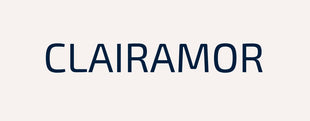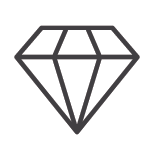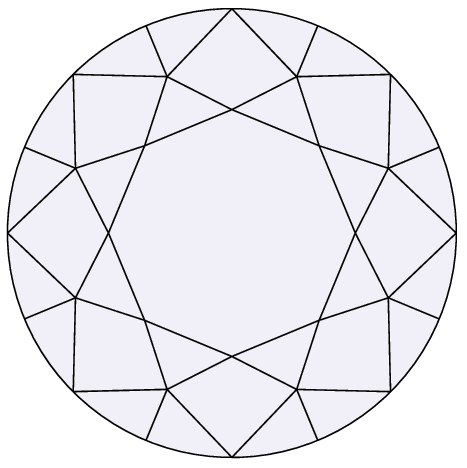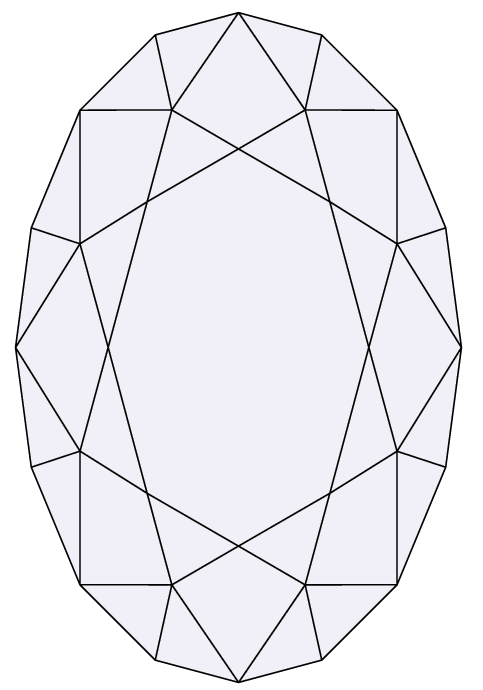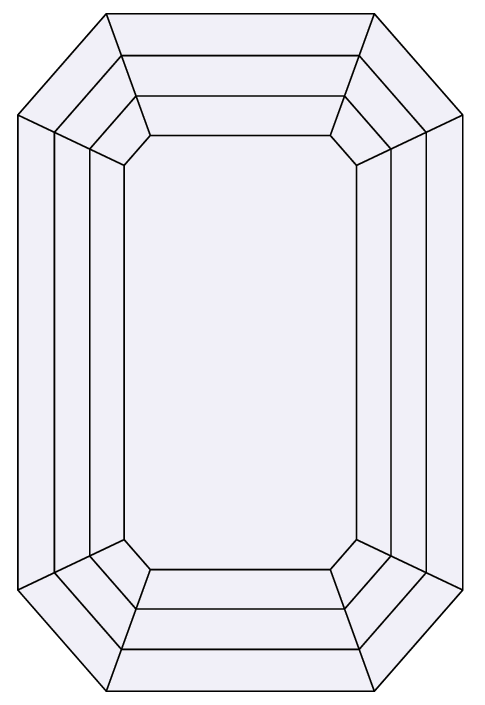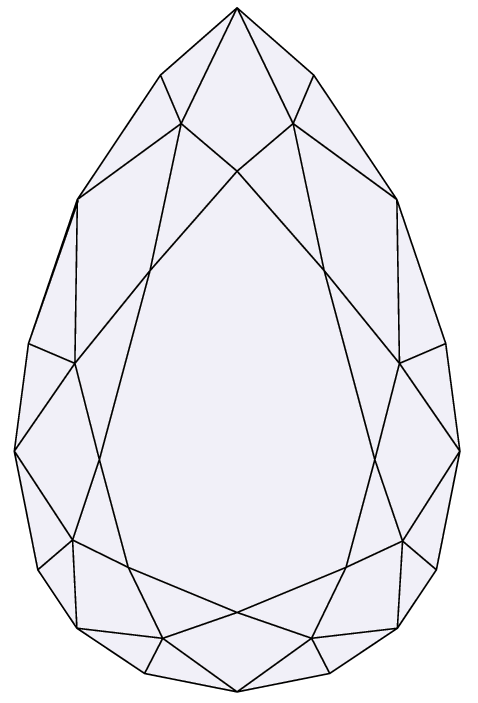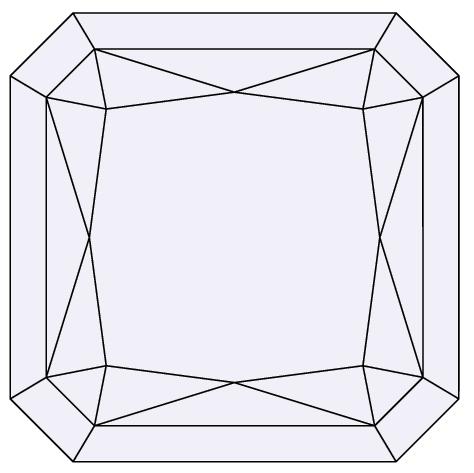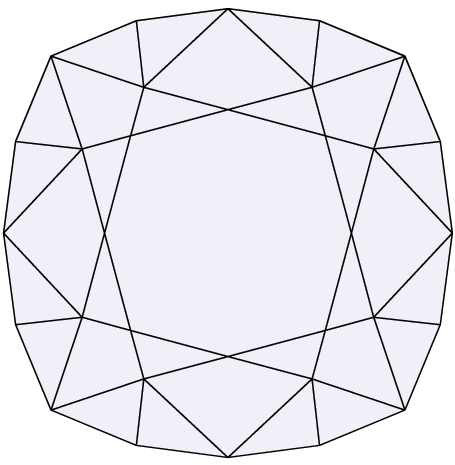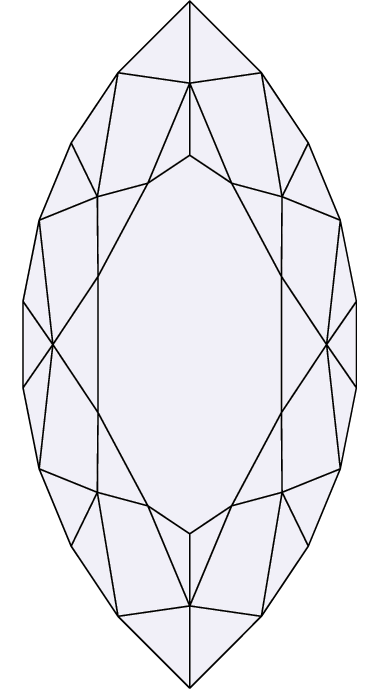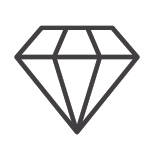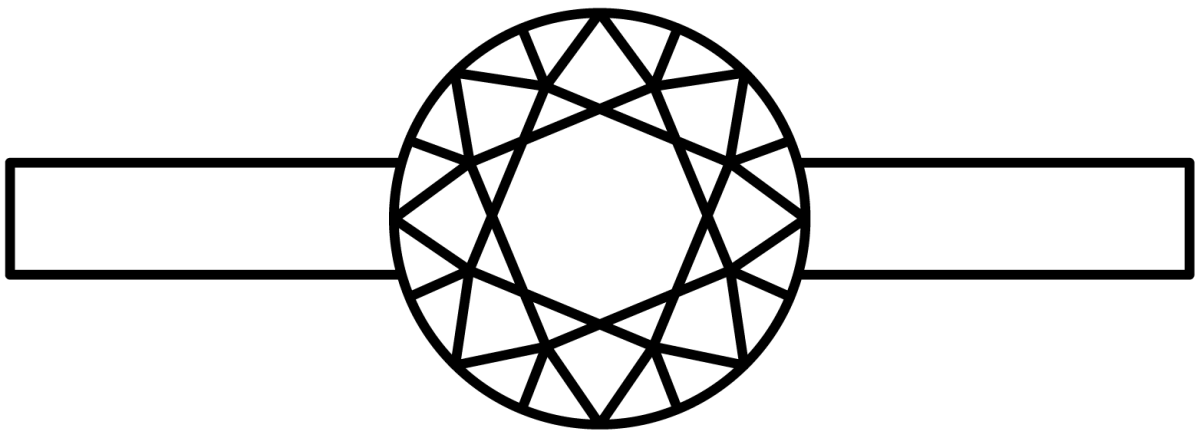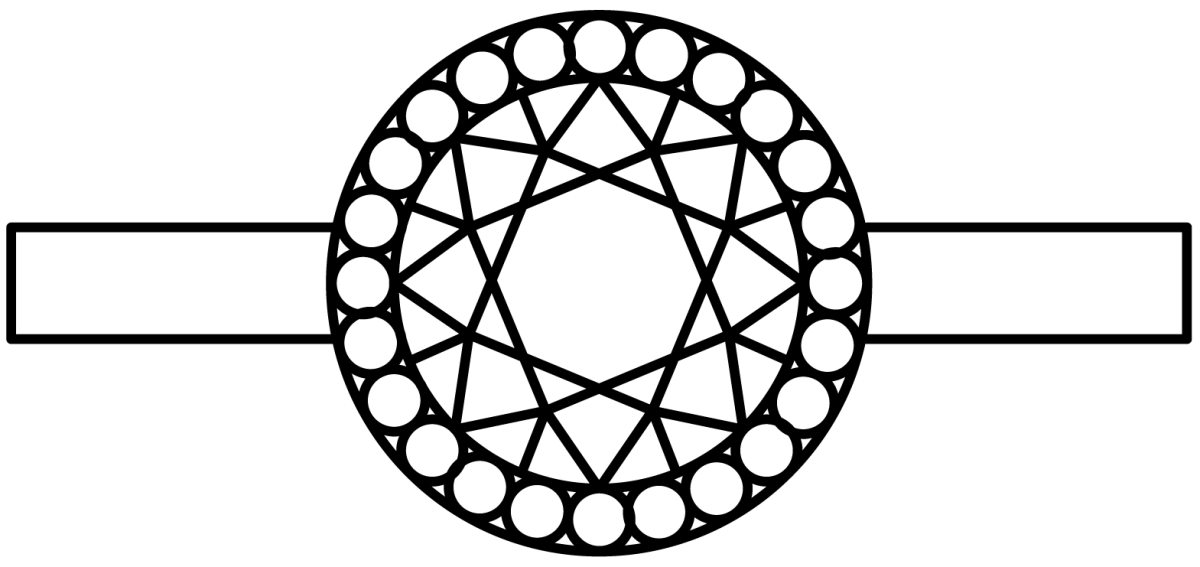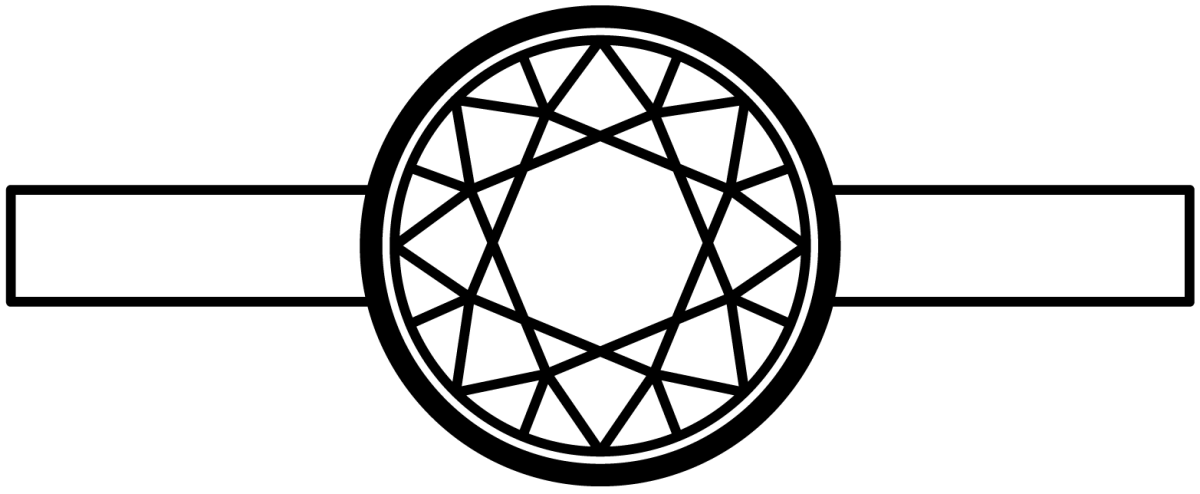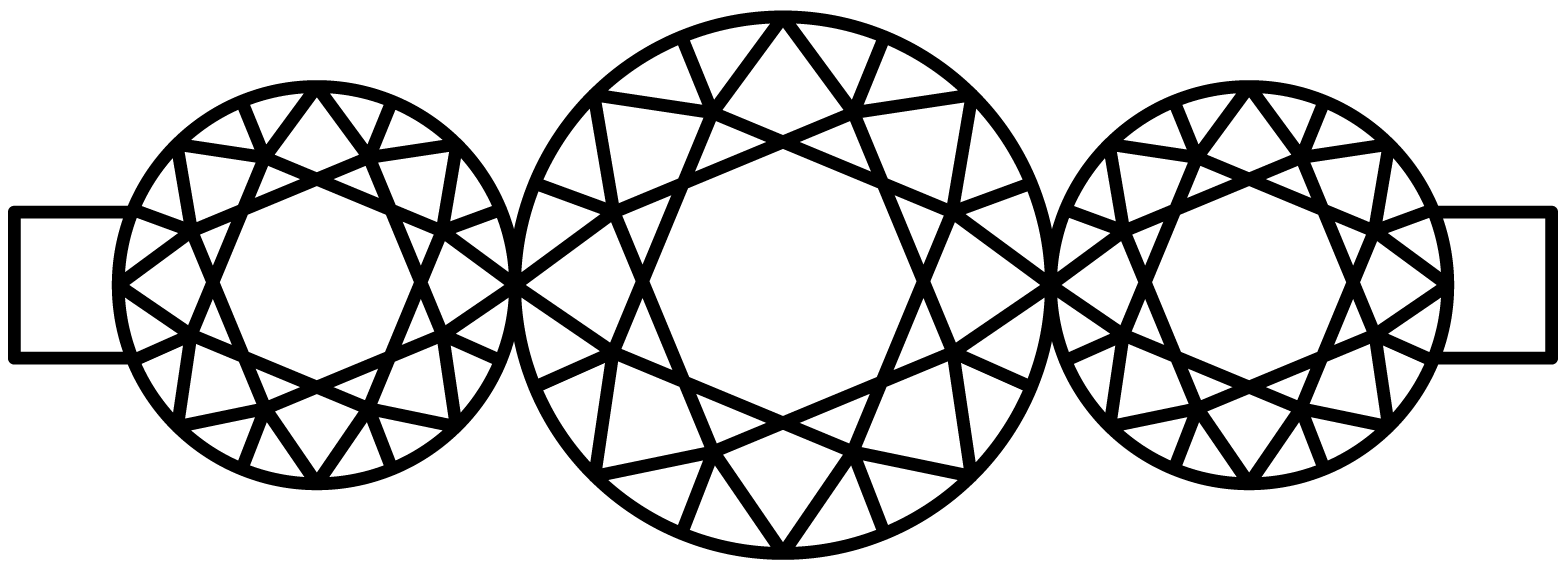Grasping the importance of diamond certification is a key aspect of diamond investment and ownership. Also referred to as a diamond grade, certification is an intricate assessment conducted by an independent third-party diamond certificate lab. These labs gauge the diamond based on the universally accepted 4C's: cut, color, clarity, and carat weight.
The 4C's, a method for assessing diamond quality, was developed and standardized by the Gemological Institute of America (GIA) in 1953. The GIA's pioneering work in this field has made it easier for both diamond traders and consumers to understand and agree on the quality and value of diamonds. Here's a quick breakdown of the 4C's:
- Cut: This refers to how well the diamond has been cut from its raw form. Factors such as symmetry, proportions, and polish are considered. The quality of the cut directly impacts the diamond's brilliance and sparkle.
- Color: The GIA grades diamond color on a scale from D (colorless) to Z (light yellow or brown). The closer to "D," the more valuable the diamond.
- Clarity: This assesses the internal and external flaws (inclusions and blemishes) of the diamond. Diamonds with fewer flaws have higher clarity and are more valuable.
- Carat: This is the weight of the diamond. One carat is equivalent to 200 milligrams. Larger diamonds are rarer and more valuable.
Why is Diamond Certification Important?
Just as with any significant investment like a house or a car, due diligence is crucial when purchasing a diamond. Diamond certifications offer crucial insights about the stone's attributes and value, facilitating a well-informed purchase decision. Opting for a certified diamond ensures that your chosen gem has been meticulously examined by experienced professionals from reputable labs. The certification process verifies the authenticity and quality of the diamond, instilling buyer confidence in the value of their investment.
What is the Cost to Get a Diamond Certified?
The question 'how much does it cost to get a diamond certified?' often comes up among diamond enthusiasts and potential buyers. Certification costs can vary widely, primarily based on the diamond's weight, the intricacy of the grading process, and the specific lab selected for certification. Fees can span from as nominal as $30 to several thousands of dollars, with prestigious labs like GIA typically charging a premium for their exhaustive services.
However, on average, the diamond certification cost generally falls between $150 and $300, contingent upon the diamond's size. The cost of certification is a small price to pay considering the assurance it provides about the quality and authenticity of your valuable gem.
Remember, investing in a certified, graded diamond is not only a financial decision but also an emotional one. The diamond you choose will carry a story and a sentiment that lasts forever. Therefore, it's vital to ensure you understand every aspect of your diamond's quality and worth, and diamond certification plays a crucial role in that understanding.
Diamond Certificate: What Does It Showcase?
The most important thing to look at when viewing a diamond certificate is the 4C’s: carat, color, clarity, and cut. In addition to the 4C's, the certificate also assesses and reports on the diamond's symmetry, fluorescence, and polish.
- Symmetry: This aspect involves the arrangement of the diamond's facets and their uniformity.
- Fluorescence: This term refers to a diamond's glow under ultraviolet light, which can affect its color.
- Polish: This aspect looks at the smoothness of the diamond's surface.
Alongside these assessments, the diamond certificate includes a 'plot' or a detailed diagram that illustrates the diamond's inclusions, if any, and their locations within the stone. The diamond's proportions are also provided, offering insights into its shape and the alignment of its facets.
Following the certification process, both lab-grown and mined diamonds are laser-inscribed with unique identification numbers. This enables them to be traced back to their specific certifications and the labs that issued them, ensuring transparency and accountability.
Comparison of Diamond Grading Labs
When considering diamond grading laboratories, one may wonder if one lab's grading is superior to another's. The reality is that each lab has its unique strengths, methodologies, and areas of specialization. In recent years, we've seen a noteworthy shift in the landscape with the rise of lab-grown diamonds and the International Gemological Institute's (IGI) pioneering role in this realm.
The Gemological Institute of America (GIA) has long been seen as the gold standard in the diamond grading industry for its rigorous policies and stringent grading standards. However, it's essential to note that other grading labs also contribute significantly to the industry in different ways.
Take, for example, the International Gemological Institute (IGI). In the past, some may have seen IGI as more lenient compared to labs like GIA or AGS. But with the introduction and growing popularity of lab-grown diamonds, IGI has significantly stepped up and established itself as a leading authority in this field.
IGI was one of the first labs to embrace lab-grown diamonds, developing robust grading methodologies specific to these stones. Their efforts have fostered a greater acceptance and understanding of lab-grown diamonds in the market, providing buyers with valuable and accurate information about these unique gems.
So while it might be tempting to rank labs in a hierarchy, it's more insightful to recognize the unique contributions of each. After all, each lab provides a different lens through which to view and appreciate the multifaceted world of diamonds.
Best diamond certification companies
GIA- Gemological Institute of America
GIA has been known to be the most respectable and known to be the gold standard of the diamond certifying industry. This is the leader that others compare themselves to, they have made constant contributions to diamond research and education. This company teaches and trains graduate gemologist throughout the world. These are the most sought-after certifications due to their strict and consistent grading.
AGS- American Gem Society
This lab is growing in popularity, this lab also uses strict guidelines and is well respected in the jewelry industry. The main difference to note between AGS and GIA is the system they use to show diamond color and clarity. Instead of GIA’s D-Z for color, and FL-I3 for clarity, they use a system of numbers and decimals. This is the main reason this lab hasn’t been more widely accepted; many jewelers have long been accustomed to 4C’s.
GCAL- Gem Certification and Assurance Lab
Although they are a newcomer to the diamond grading market, holding a smaller portion of the market share. This is a good choice for certification, they are consistent and reliable with their grading results. They back their certifications with a zero-tolerance policy, stating that their grading will stand up against any other grading company.
IGI- International Gemological Institute
IGI is a collection of laboratories around the world. For natural diamonds, their grading is a bit looser than GIA regarding color and clarity. Although they aren’t as strict as other labs, they are still widely used, being known as generally consistent and trustworthy. It is important to note that IGI was one of the first companies to begin grading lab diamonds, it is now growing in reputation as a reliable lab for lab-grown diamonds.
EGL- European Gemological Laboratories
EGL is not a reliable lab for grading purposes. This company is a collection of independently owned franchises. This lab offers a lower price for grading stones; however, this comes with a price in quality. EGL is known to exaggerate gradings and is used to sell stones to unsuspecting customers. EGL reports are widely accepted to be unfairly upgraded, sometimes ranging four to five grades off what the actual diamond quality is. This company has been known to have lawsuits stemming from how far off their grading was compared to the actual stones.
